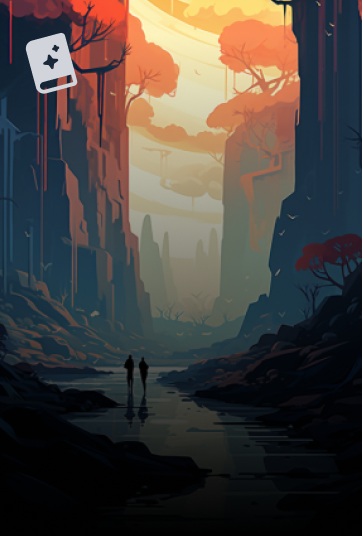
Making Love with the Land

Making Love with the Land
Making Love with the Land
Ratings2
Average rating4.5

Making Love with the Land

Making Love with the Land
Ratings2
Average rating4.5
Reviews with the most likes.
This was such a beautiful collections of essays where Joshua Whitehead talked about personal things to themselves while making it relatable and gripping. Every essay intrigued me and kept me wanting to read. So much so, that I read this entire book in one session. I haven't read any of the author's other books, but this made me excited to. The author shares their experiences with being a First Nation person, their life being a Two-spirit person, their struggles with E.D.s and much more. Everything was written from the heart and showed the beauty in the world. Also, this is one of the most stunning covers I have ever seen.
Thank you to University of Minnesota Press and NetGalley for providing me with an eBook copy to review.